Amazon states have the worst protection indexes for environmental defenders
18 de June de 2025
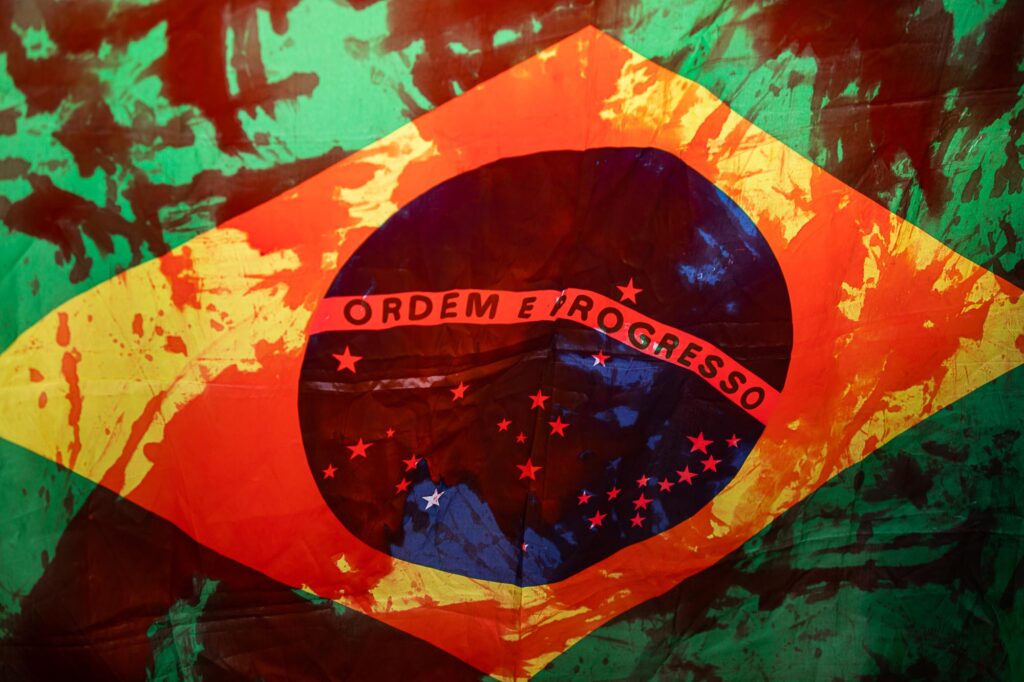
By Ana Cláudia Leocádio – From Cenarium
BRASÍLIA (DF) – The nine Amazon states showed the worst protection indexes for land and environmental defenders, according to data from the new Environmental Democracy Index (IDA), launched Monday, the 16th, by the Instituto Centro de Vida (ICV) and Transparência Internacional – Brazil. Roraima stands out with the worst overall performance, scoring 20.8 points out of 100. With a regular rating, Mato Grosso scored the highest among the Amazon states, with 48.3 points.
To calculate the IDA, levels of access to justice, access to information, access to participation, and protection for environmental defenders were assessed. On a scale from 0 to 100, the nine states reached scores of 53 in access to justice, 41.7 in access to information, 31.7 in access to participation, and 34.5 points in protection of land and environmental defenders.
The access to justice index evaluates the existence of specialized structures, responses to goals and demands. Access to participation checks the quality of social participation channels, while the access to information index addresses whether relevant environmental data is available and accessible to the public. The last one, protection of environmental defenders, verifies programs and other protective measures for environmental defenders.
“This means that none of the Legal Amazon states even achieved a ‘good’ rating in the IDA: two had a ‘regular’ score and seven, ‘poor,’ on a scale of ‘excellent,’ ‘good,’ ‘regular,’ ‘poor,’ and ‘very poor,’” explains Transparência Brasil.
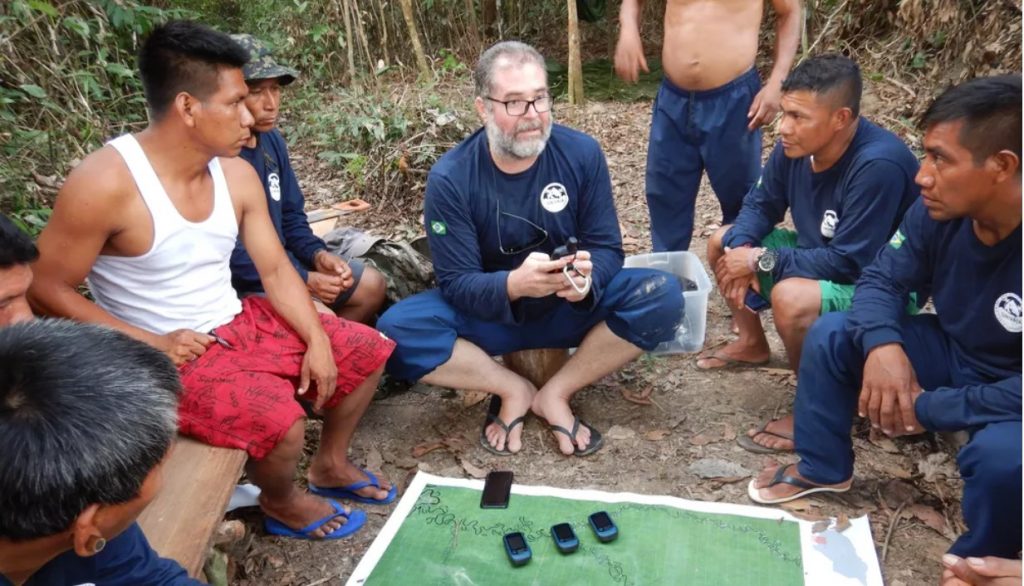
When evaluated by state, Roraima’s overall IDA was the worst among the nine, reaching 20.8 points out of 100. Next are Acre (26.5), Tocantins (30), Amapá (31), Rondônia (32.1), Amazonas (37.8), Maranhão (39.8), Pará (44.6), and finally Mato Grosso (48.3).
Looking only at the “Protection of Environmental Defenders” index, the situation is even more critical for the Amazon states. Tocantins, for example, scored zero, followed by Roraima (0.8), Acre (2.9), Rondônia (3.7), Amapá (7.5), Amazonas (13.3), Pará (20), Maranhão (28.4), and Mato Grosso (29.3).
Regarding “Access to Environmental Justice,” Roraima had the worst performance among the three states with scores below 50, reaching 29 points. Following are Amapá (37.5), Acre (47.1). Rondônia reached 54.6 points. Five states scored 60 or above: Mato Grosso (60), Pará (60.3), Tocantins (60.7), Amazonas (60.8), with Maranhão standing out as it reached the highest index among the nine, with 66.1 points.
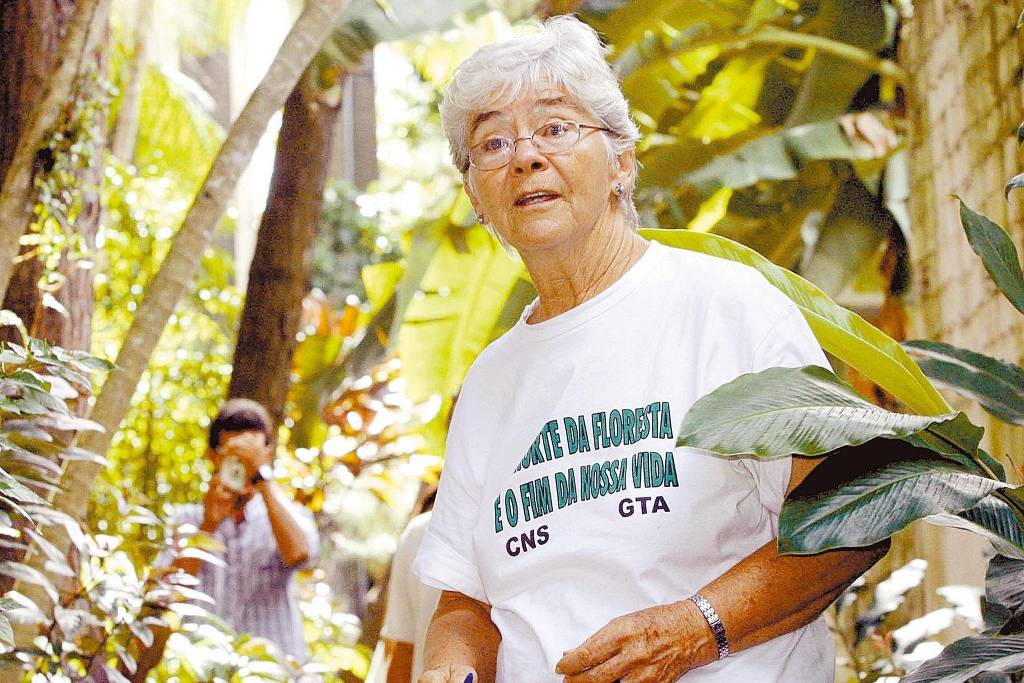
According to Transparência Brasil, a factor that contributed to the worse performance in the “protection of environmental defenders” indicator is the fact that only three of the nine Legal Amazon states have their own protection programs for human rights defenders, communicators, and environmentalists. Only Maranhão, Pará, and Mato Grosso have implemented some program within the state structure to protect these people, but still present flaws.
“As serious as this is the almost complete absence of complaint channels for human rights violations, protocols guiding police action in cases involving defenders, and police training on the topic,” the organization highlights.
According to Transparência Brasil, the federal government and other Union bodies were also evaluated and obtained better results than the states: 81.9 in access to justice, 68.9 in access to information, 49.7 in access to participation, and 58.7 in protection of environmental defenders. The final score was 64.8 points, considered a “good” performance and “good” classification.
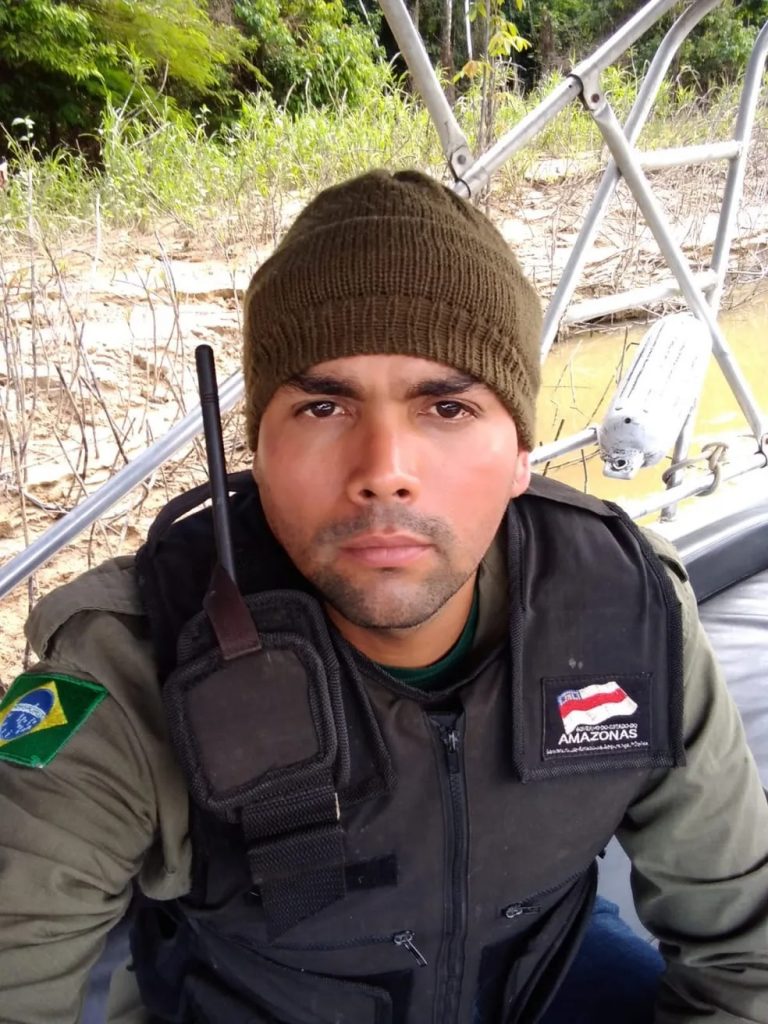
Evaluation by states:
Roraima
The ICV and Transparência Brasil report highlights that Roraima’s performance “was classified as ‘poor’ or ‘very poor’ in all dimensions, reflecting institutional weaknesses and public policy gaps aimed at environmental democracy.” Regarding access to environmental justice, there are few specialized structures to deal with environmental or land issues, and there are no initiatives for access to justice on environmental matters in remote regions. The report also points out that Roraima needs improvements in the functioning of the state environmental council, conservation unit councils, and public environmental licensing hearings.
Acre
In Acre’s case, the state has a regular performance in access to justice and low scores in all other dimensions. Overall, it was classified as “poor.” The justice dimension was the best evaluated because “it is one of the few states with maximum scores in indicators of capacity to respond to environmental and land demands,” according to the report. Gender and racial diversity indexes in the judiciary also stood out.
On the other hand, the state lacks environmental and land courts and specialized structures in the Public Defender’s Office. With a “very poor” rating in environmental defenders, the state does not have a protection program for these people.
Amapá
Amapá “advances in social participation but fails in access to information and justice and in protection of environmental defenders,” the report points out. With 31 points in the Environmental Democracy Index, ranking sixth among the Legal Amazon states, the result is considered “poor,” but overall the state stood out positively in the Access to Participation dimension, being the second best evaluated in the region.
The “very poor” score of 7.5 in the protection of environmental defenders reflects the lack of a state protection program, complaint channels, or whistleblower protection mechanisms. “Despite the poor rating, it is the only entity with protocols guiding the actions of public security agents in cases involving human rights defenders,” the study clarifies.
Amazonas
Amazonas performs well in access to environmental justice but fails in social participation and protection of defenders. The document highlights that although Amazonas was among the top four in all dimensions, its overall performance is considered “poor.” The state’s main strength is the “Access to Environmental Justice” dimension, scoring 61.8 points (“good”).
“Amazonas has specialized structures in the three evaluated bodies — Judiciary, Public Ministry, and Public Defender’s Office — on environmental or land issues,” the report explains. The state’s worst performance is in the Protection of Environmental Defenders (13.3 points), classified as “very poor.”
“Although there is a rule providing for the existence of a state program, it was inactive at the time of data collection. There are also no protocols for public security agents in cases involving defenders or the use of body cameras in environmental or land conflicts,” the analysis points out.
Maranhão
Maranhão leads in access to justice but has weak performance in other dimensions. With an overall “poor” rating, the only positive highlight was the Access to Environmental Justice dimension, with the state leading this dimension among the nine evaluated.
In the Protection of Environmental Defenders dimension, it scored 28.4 points, also considered “poor.” “The state has a protection program, but there is a lack of information and diversity in its collegiate body. There are also no protocols for public security agents in cases involving defenders or the use of body cameras in environmental or land conflicts,” the study reiterates.
The Access to Participation dimension was also poorly rated, with 30.9 points (“poor”), indicating the need for improvements in the functioning of the state environmental council, conservation unit councils, and public environmental licensing hearings, Transparência points out.
Mato Grosso
The state with the best overall IDA performance, Mato Grosso’s result is considered only regular, reflecting more the weaknesses of other entities than a situation of local excellence.
With good performance in three of the four evaluated indexes, the Protection of Environmental Defenders dimension had the worst score, 29.3 points, considered “poor,” even with the existence of a state program in this area.
“There is a lack of transparency, anonymous complaint channels, whistleblower protection rules, and protocols for the actions of security forces,” the document states. The state’s highlight was in Access to Justice, with 60 points, considered “good,” with specialized structures in the Judiciary, Public Ministry, and Public Defender’s Office.
Pará
Pará’s result was classified as “regular,” with important advances in some areas but significant weaknesses in others. “The Access to Participation (36.8 points) and Protection of Environmental Defenders (20 points) dimensions had the worst results, both classified as ‘poor,’” the report says.
The state has a protection program but, according to the document, lacks information and diversity in its collegiate body. There are also no protocols for action and training for public security agents in cases involving defenders.
In the Access to Environmental Justice dimension, the report highlights that it is “one of the few states with maximum scores in indicators of capacity to respond to environmental and land demands,” with specialized structures in the Judiciary, Public Ministry, and Public Defender’s Office. “On the other hand, it does not have initiatives to expand access in remote regions on environmental matters and lacks environmental police stations,” it concludes.
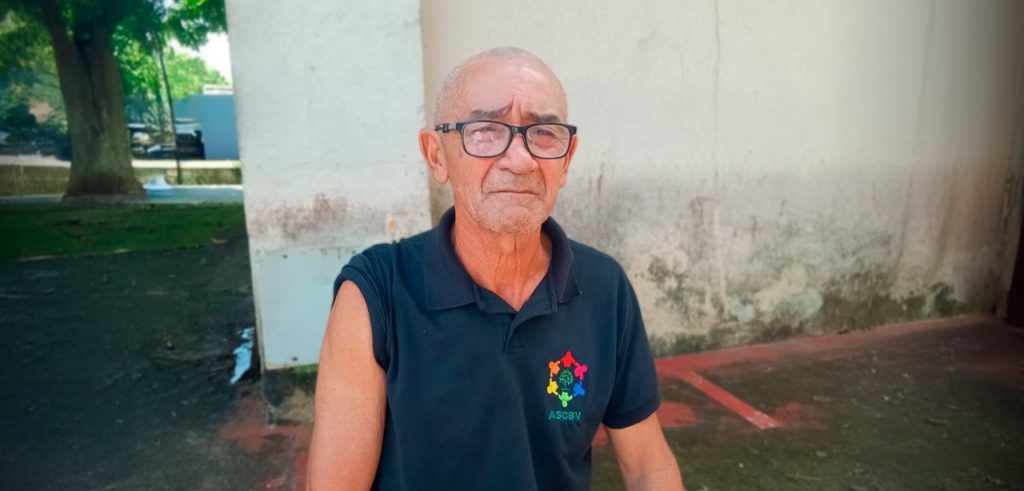
Rondônia
For Rondônia, the report’s evaluation is that the state performs poorly, with serious failures in participation and defender protection, placing it fifth among the Legal Amazon states. “The overall result was classified as ‘poor,’ with regular scores only in two dimensions and critical performance in the others,” highlights Transparência Brasil.
The worst scores for the state were in Access to Participation (28.2 points), indicating the need for improvements in the functioning of the State Environmental Council, Conservation Unit Councils, and public environmental licensing hearings.
In terms of Protection of Environmental Defenders (3.7 points), considered a “very poor” performance, it was due to no identified state program or channels for reporting human rights violations. “Security forces lack specific training and procedures for working with defenders,” the study noted.
Tocantins
The state of Tocantins performs well in access to justice but received zero in protection of environmental defenders, ranking seventh among the nine Legal Amazon entities. “The overall performance was classified as ‘poor’ and marked by contrasts: while it stands out in Access to Environmental Justice, it shows the worst results in Access to Environmental Information and Protection of Environmental Defenders.”
Tocantins was not transparent in any of the 29 categories of evaluated information, with incomplete, outdated data, or in formats that hinder reuse in only 11 of them. Furthermore, it was the only state to score zero in the protection dimension, for not having a program or any mechanism aimed at the safety of environmental defenders,” the study assesses.
About the Environmental Democracy Index (IDA)
The IDA evaluates how the Legal Amazon states, the federal government, and other Union bodies promote rights of access to information, participation, justice, and protection of environmental defenders. Based on over 100 indicators, the IDA analyzes norms, policies, and practices of the Executive, Judiciary, Public Ministry, Public Defender’s Office, and police.
The index measures the degree of commitment of public institutions to environmental democracy and rights protection in the region. It serves as a monitoring tool, social pressure instrument, and political advocacy, contributing to strengthening open and inclusive environmental governance.
By pointing out advances and gaps, the IDA seeks to contribute to strategic debates on environmental and climate justice—especially in contexts such as the realization of COP30 in Brazil and the need for approval of the Escazú Agreement by the National Congress.

